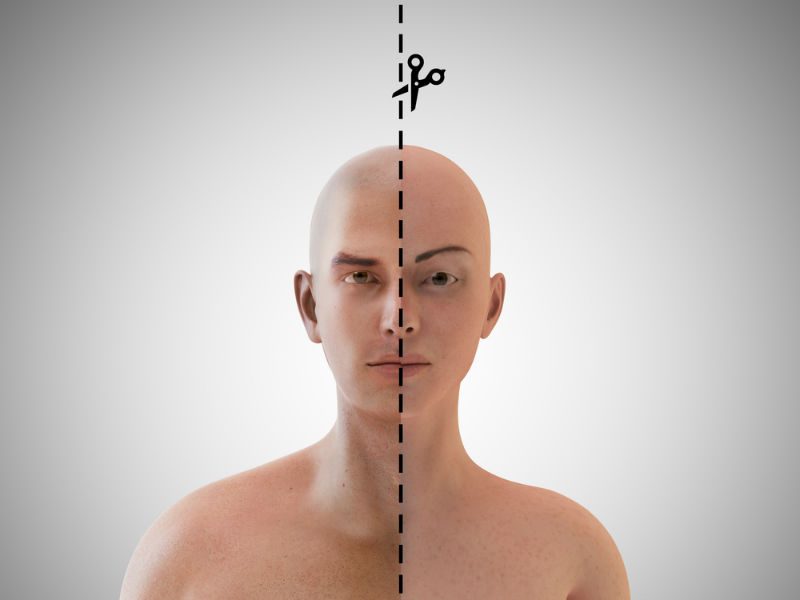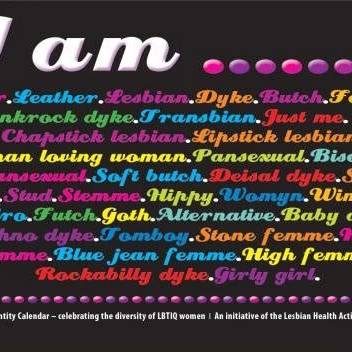 A critical look at Transgender and Intersex representation in Science Fiction and Fantasy literature.
A critical look at Transgender and Intersex representation in Science Fiction and Fantasy literature.
Recently, I’ve been thinking about why I choose to write what I write. I’ve made a choice to not be ‘mainstream’. I’ve made that choice because I don’t get much pleasure out of reading about hetero-normative societies and the non-GLBTIQ people who generally populate them.
I get even less pleasure out of writing about them!
My second book Series, ‘The Deception Engine’ (Part One and Part Two), features three main characters, none of whom fit the stereotypical trope. One is a transgender main character, the second is a bisexual partner to that character, and the third is intersex. When it comes to anti-mainstream, this series ticks many boxes – especially when you add that it’s Steampunk, which, although a growing genre, is still a pretty obscure branch of Speculative Fiction.
Prompted by the idea of ‘mainstream’, I did a search of a large, popular, e-book retailing site, to see how many hits I could get with the search term ‘transgender fiction + science fiction. I got just 256 hits. Out of the millions of books on offer, there are, apparently, less than 300 books that mention transgender, gender-blending, male to female, or female to male in their title, their description, or their category.
Could it really be that few? I asked myself.
So I searched again with as many different terms as I could. I got similar results, and after running through the pages, they were all the same books listed over and over.
When I clicked on some of the titles, I found a significant proportion of the stories involved people of one sex being trapped in the body of another sex against their will, through magical accident, intentional curse, and the like. While that might seem like a familiar way to describe the actual lived experience of being trans or intersex, I think it’s interesting how many of these stories actually reinforce ‘normal’ gender roles and identities by using gender swaps as a storyline.
Another thing that struck me as interesting about many of the books on my list was that they were not written by authors who identified as GLBTI or Q.
Now I’m not asserting that these books should be dismissed because of the above propensities. I found quite a few amongst them that I would want to read. But the lack of main characters who actually identify as transgender or intersex because that’s who they are is of concern to me.
Why?
Because I believe that the way things are depicted in popular culture, including books, tends to define, or at least reflect, whether something is accepted as valid in society.
And If you happen to be a reader who identifies as trans or intersex, or even if you are a reader who is cis, but is interested in seeing the world’s diversity mirrored in the book-worlds you are immersed in, then there’s a clear message here. You are not mainstream.
So, wanna join my club? I’m not mainstream either.



